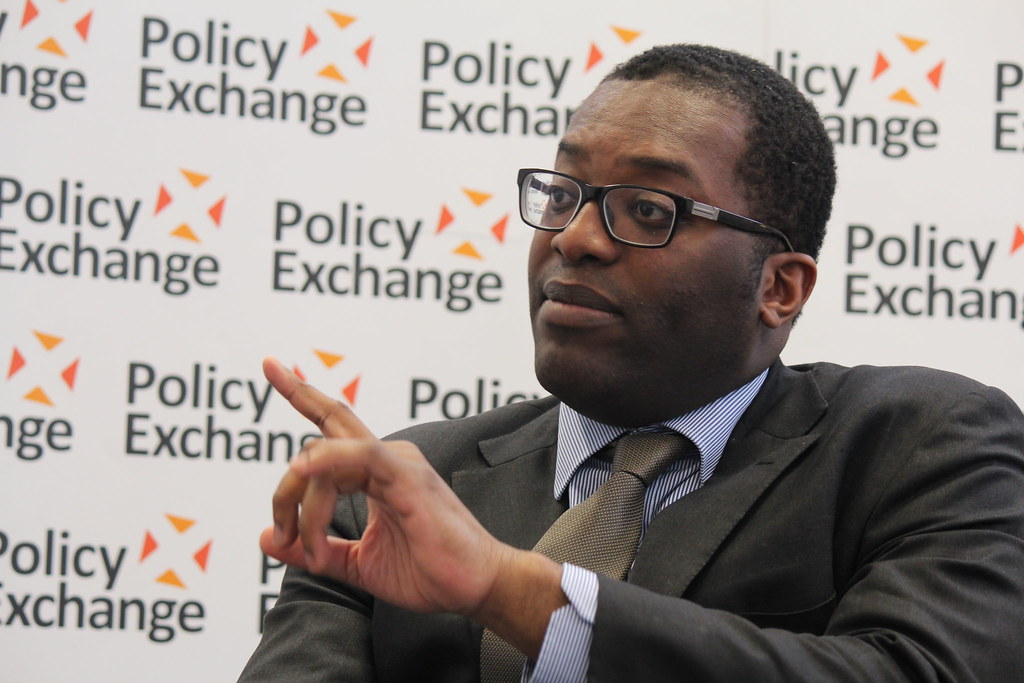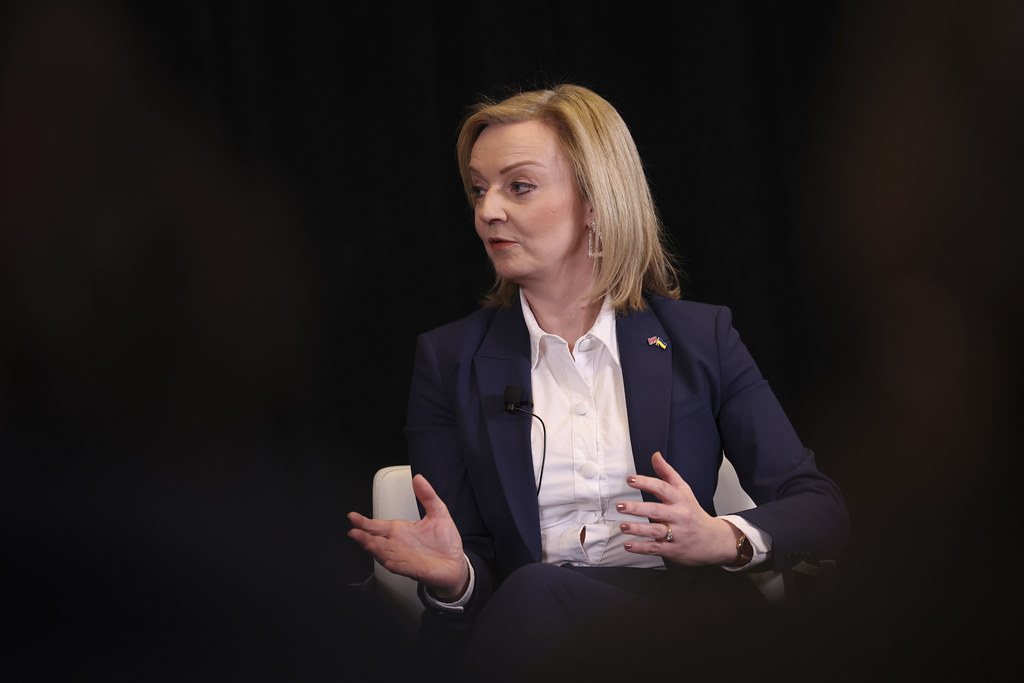The energy price cap will not provide long term certainty that businesses need to tackle the cost of living crisis, a commerce chief has said.
Chief Executive of the London Chamber of Commerce and Industry, Richard Burge, said the new cap, announced on 21 September, is only a short-term fix to the country’s economic situation.
The planned cap would cut energy prices for non-domestic energy customers, business and public sector organisations, to protect them from rising energy costs.
It came just two days after the announcement of Kwasi Kwarteng’s ‘mini-budget’ on 23 September, confirming £45 billion of unfunded tax cuts alongside temporary measures to help with energy bills.

Burge said: “The energy price cap should create a more predictable, consistent environment.
“My feeling about the cap is that it doesn’t protect you from price increases, but it at least manages them, it smoothes them out, and in that process you as a business can at least plan more carefully. It’s this immediate volatility which is absolutely crippling people.”
He highlighted that certainty for business planning is particularly important for smaller to medium enterprises.
Burge added: “The energy bill of a large corporation is a relatively small proportion of its turnover so it is manageable, but if you’re a small business, you’re spending more on energy than you are on staff.
“The idea of a cap in my mind is that it should be permanent so that you can adjust the level of the cap but the phenomenon remains permanent.
“Six months in terms of business planning is a very short period of time. The cap is a quick fix for immediate reassurance, but what it needs to be is permanent in order for it to have a strong impact.
“The problem is the chancellor basically gave us a raft of tactical measures in the absence of a strategy, and as Sun Tze in the Art of War said, ‘tactics in the absence of strategy is the noise before defeat’.
“What I am really worried about is that the underlying inflation rate which has just been exacerbated by the fall in the price of the sterling is hitting essential supplies.
“If inflation is largely being stoked by the price of mobile phones then people can just get lower value mobile phones, but if it’s being stoked by food and energy that is deeply concerning because people don’t have a choice about buying those things.
“I am deeply worried, but now is not the time to panic. There is never a good time to panic. The economic uncertainty needs resolution and determination, and a realisation of how serious this problem is.”
The forecast in the UK is economic and political chaos: the pound has fallen to a record low against the dollar, the cost of government debt rose to 4.3%, increasing by 1% in only one week, and the Labour party took a 33-point lead in the latest poll, the largest lead since the 1990s.
The pound hit its record low at the value of $1.03 on 26 September, and despite a slight increase over the last few days, it seems 40% likely that the pound’s value will soon equal the US dollar, according to the Economist.
Given it has been less than four weeks since Truss’ election and the UK’s economy is on the brink of recession, the support for the Conservative party has begun to plummet, with the Wednesday-Thursday YouGov poll of voting intention showing 54% Labour support compared to 21% Conservative support.

And people are starting to voice their anger at the Conservative party.
BBC Radio Kent’s presenter Anna Cookson exposed this by asking Truss questions on the local radio show sent in by listeners, which included questions like: “What on earth were you thinking?”, “How can we ever trust the Conservatives with our economy again?” and “Are you ashamed of what you’ve done?”.
This is a time of great upheaval for the UK, and more than ever economic certainty and predictability is vital.





Join the discussion